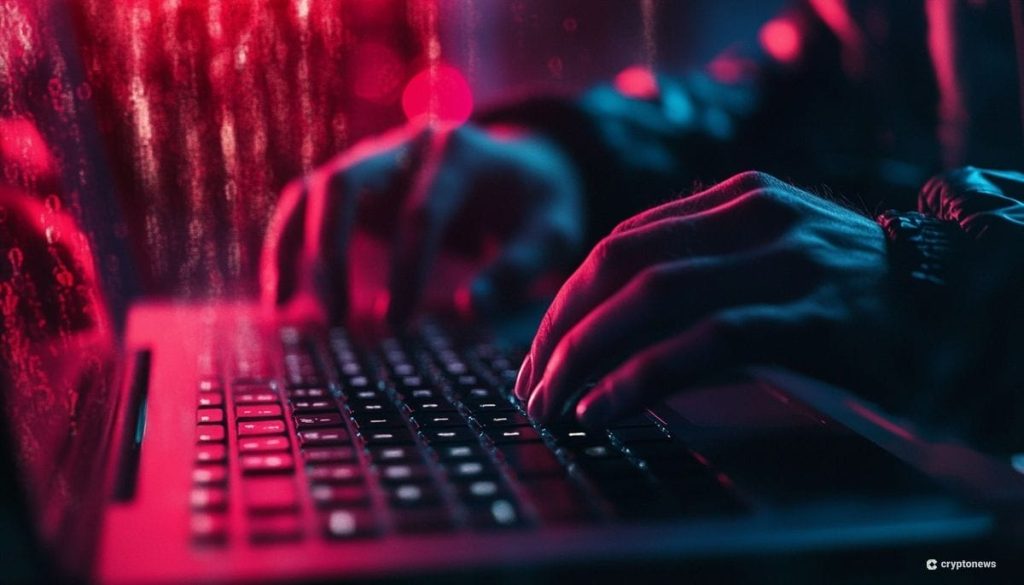Polygon’s Discord server recently experienced a three-hour hijacking incident by hackers posing as support agents, disseminating malicious links. The Chief Information Security Officer at Polygon, Mudit Gupta, confirmed the breach and resolved the situation. Community members noticed unusual activities on the channel, with scammers flooding the support channel with deceptive links. Despite efforts by a member to alert others about the breach, some users fell victim to the scam, with one user losing $150,000 in Ether (ETH) after following what seemed like an official announcement. Concerns over Polygon’s security protocols were raised, even though two-factor authentication (2FA) was enabled for privileged accounts. The breach occurred during preparations for a major network upgrade involving the transition from MATIC to POL tokens on September 4.
Discord hacks have become a growing concern within the crypto community, as the platform is widely used for communication and managing assets. Similar incidents have been reported earlier in the year on other crypto platforms, such as Arbitrum and Gnus.AI, where hackers compromised servers and conducted phishing attacks, resulting in significant financial losses. The reliance on Discord channels for important information and asset management has made them targets for cybercriminal activities. The breach on Polygon’s Discord server highlights the vulnerability of such communication platforms in the crypto space, emphasizing the importance of robust security measures to protect users and assets.
A recent Chainalysis report revealed a decrease in overall illicit cryptocurrency transactions in 2024, despite a rise in specific criminal activities like hacking and ransomware attacks. The report, released in mid-August, noted an increase in stolen funds through hacking and ransomware incidents, with the cumulative value of stolen cryptocurrencies reaching $1.58 billion by the end of July, marking an 84% surge compared to the previous year. While the number of hacking incidents only slightly increased, the average value stolen per hack saw a significant rise. In July alone, hackers stole approximately $266 million through 16 separate breaches, causing substantial losses to the crypto sector. An attack on Indian exchange WazirX on July 18 accounted for a significant portion of the monthly losses, emphasizing the severity of the situation.
The decline in overall illicit cryptocurrency transactions in 2024 contrasts with the surge in specific criminal activities like hacking and ransomware attacks, as highlighted in the Chainalysis report. The increase in stolen funds through such attacks underscores the persistent threat posed by cybercriminals to the crypto sector, leading to substantial financial losses for individuals and platforms. The report’s findings shed light on the evolving tactics employed by hackers to exploit vulnerabilities in crypto networks and exchanges, emphasizing the importance of robust cybersecurity measures to safeguard assets and user information. As the crypto industry continues to grow, addressing security challenges and enhancing risk mitigation strategies will be crucial in protecting stakeholders and maintaining trust in the ecosystem.
The incidents on Polygon’s Discord server and the broader trends in illicit cryptocurrency transactions underscore the need for heightened vigilance and improved security practices within the crypto community. As hackers target communication channels and exchanges to carry out fraudulent activities, users and platforms must prioritize cybersecurity measures to mitigate risks and prevent financial losses. The vulnerabilities exposed by recent breaches serve as a wake-up call for stakeholders to assess and enhance their security protocols, including implementing multi-factor authentication, regularly updating software, and conducting thorough security audits. By taking proactive steps to strengthen defenses against cyber threats, the crypto industry can foster a safer and more secure environment for all participants, fostering trust and credibility in the digital asset space.


